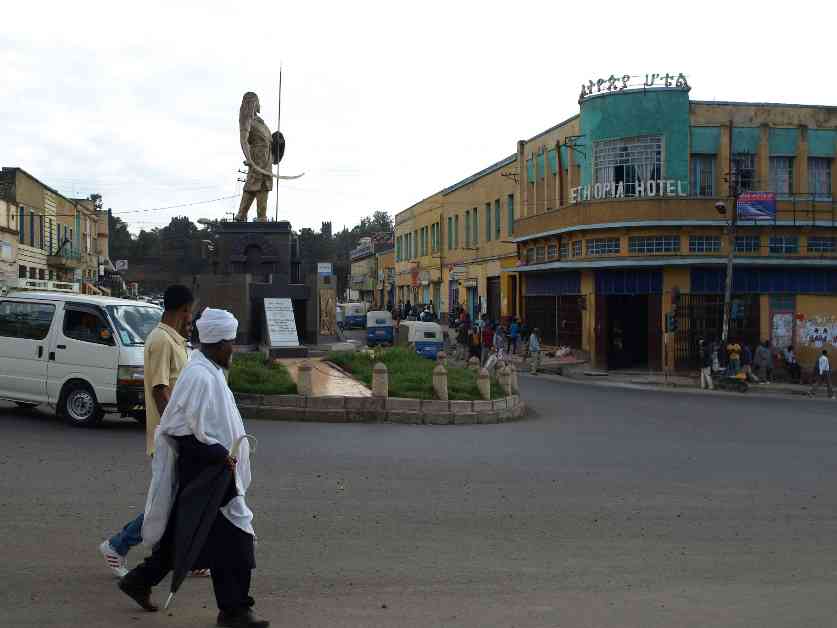Amnesty International Exposes Human Rights Crisis in Ethiopia’s Amhara Region
An alarming report released by Amnesty International has shed light on the dire human rights situation in Ethiopia’s Amhara region, revealing a disturbing pattern of arbitrary detentions that have persisted for four months since a state-led campaign was initiated in September 2024. Tigere Chagutah, the interim regional director for East and southern Africa at Amnesty International, has expressed deep concern over the lack of global response to the crisis, calling on Ethiopia’s development partners, as well as African and global human rights organizations, to intervene and advocate for the immediate release of all individuals who have been unlawfully detained.
Chagutah’s impassioned plea underscores the urgent need for action to address the ongoing violations of human rights and the erosion of the rule of law in Ethiopia’s Amhara region. The Ethiopian government stands accused of detaining thousands of individuals without due process, including judges, prosecutors, academics, women, elderly individuals, and those with chronic health conditions. These arbitrary arrests have been condemned by Amnesty International as flagrant violations of fundamental human rights, casting a dark shadow over Ethiopia’s commitment to upholding the principles of justice and fairness.
The report by Amnesty International paints a stark picture of the situation on the ground, highlighting the suspension of four prominent human rights organizations by Ethiopian authorities, signaling a broader crackdown on civic space and the suppression of dissenting voices. The suspension of these organizations, one of which boasts a 32-year history of advocating for human rights, serves as a chilling reminder of the shrinking space for civil society in Ethiopia and the increasing pressure faced by activists and defenders of human rights.
Mass Arrests and Ongoing Conflict
On 28 September 2024, Ethiopia’s military and Amhara regional forces launched a sweeping operation that resulted in the mass detention of thousands of individuals across the Amhara region. These detainees were transported to four designated mass detention centers, where they have been held incommunicado without access to legal representation or judicial oversight. The arrests took place amidst a backdrop of escalating conflict between Ethiopia’s military forces and armed groups in the Amhara region, further exacerbating an already volatile situation.
Among those detained were members of the judiciary, including judges and prosecutors, whose arbitrary arrest has raised serious concerns about the impartiality and independence of the legal system in Ethiopia. Despite some limited releases, such as the freeing of four judiciary workers in October 2024 and hundreds of detainees, including vulnerable populations like women, the elderly, and individuals with health issues, in January 2025, thousands of people remain behind bars without any formal charges brought against them. This continued detention without due process represents a grave violation of their human rights and a denial of their basic freedoms.
The ongoing conflict and political turmoil in Ethiopia have created a climate of fear and uncertainty, with the rule of law hanging in the balance. The international community must heed Amnesty International’s call to action and speak out against the human rights abuses being perpetrated in the Amhara region. The time for silence is over; the world must stand together in solidarity with the people of Ethiopia and demand accountability and justice for all those who have been unjustly detained.
In conclusion, the human rights crisis unfolding in Ethiopia’s Amhara region demands immediate attention and action from the global community. The voices of those who have been silenced must be amplified, and their rights restored. As we confront this dark chapter in Ethiopia’s history, let us remember that the fight for justice and human dignity knows no borders, and that our shared humanity compels us to stand up for those who have been unjustly oppressed. Only through collective action and unwavering resolve can we hope to bring about meaningful change and uphold the principles of justice and equality for all.

